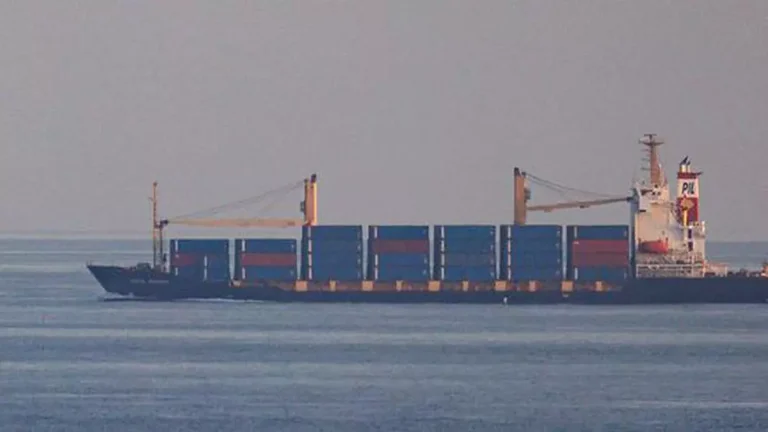Amid continued disruptions in the Red Sea region, some Indian general insurers have canceled their insurance covers while others have increased premiums for trips involving Red Sea expeditions and are further considering such increases if attacks continue to persist.
Insurers such as TATA AIG Insurance have sent cancellation notices for war, terrorism, piracy and strike covers. Others, like ICICI Lombard and Bajaj Allianz General, have said that while they have not opted out, they are seeing an increase in premiums for specific policies and coverages.
Deepak Prinjha, technical director, Commercial – Underwriting, Royal Sundaram General, said a few insurers have started charging an additional premium for bulk goods transiting through this route.
“Our company and the reinsurance industry have adopted a strategy of wait and watch. If the attacks continue, each insurer could charge a higher maritime premium for all cargoes, including bulk goods,” he added.
The Red Sea is one of the busiest shipping routes, especially for Indian logistics. The region has witnessed attacks on commercial vessels by armed individuals. If the situation persists, insurers could potentially refrain from providing maritime cover for this route, or restrictions could be imposed by reinsurers and then by insurers, which would have an impact on the overall maritime activities, they said. declared the players in the sector.
Israeli and allied merchant ships transiting the Suez Canal and areas including the Indian Ocean, Gulf of Aden, southern Red Sea and Cabo Delgado face attacks from Yemen-based Houthis and pirates Somalis, acting in solidarity with Gaza in the context of the ongoing war. Israeli-Palestinian war. This route is typically used by Indian ships heading to or from Europe and the US East Coast, and some of these ships are now forced to bypass southern Africa or take alternative routes, which increases both travel risks and shipping times.
“Several insurers have already increased their war insurance premiums tenfold, and some are refusing to cover shipments transiting the Red Sea corridor. However, for existing policies such as STOP policy and others, insurers are required to provide at least 7 days’ notice to policyholders to withdraw coverage,” said Amit Agarwal, CEO, Howden India, adding that if the attacks persist, bounties could increase by 30 to 40 percent.
However, this does not apply to insured shipments that are already in transit through the region or simply passing through, insurers said, adding that measures taken by world governments, such as the deployment of warships, could improve the situation. The Indian government earlier this month sensitized banks and insurance companies to continue providing trade finance and insurance support to exporters trading through the Red Sea.
“We may see a stabilization of price increases as normality returns. However, the attacks will undoubtedly have a long-term impact on prices,” Agarwal said.
Global insurers have increased their premiums by up to 1 percent and are now underwriting these covers at around 0.10-0.15 percent of the value of the vessel or cargo, compared to a previous average of 0.015-0.020 percent.
The biggest impact is being felt in bulk segments such as crude oil, which are controlled by reinsurers, industry players said. Despite this, trade by shipping companies passing through the region has declined significantly with vessels opting for alternative routes, which has also reduced insurers’ exposure to the region and controlled the impact, they said, adding that They did not expect an instinctive reaction from reinsurers.
“Currently, we are assessing the situation and are in constant discussion with our reinsurers and will take appropriate action based on their advice,” said TA Ramalingam, technical director of Bajaj Allianz General Insurance.
A senior GIC Re official said reinsurers were closely monitoring developments and risks and reacting where necessary, including charging higher rates due to war-like developments. In December 2023, SwissRe had also said that although there were disruptions, their impact was so far manageable by charging higher premiums.



